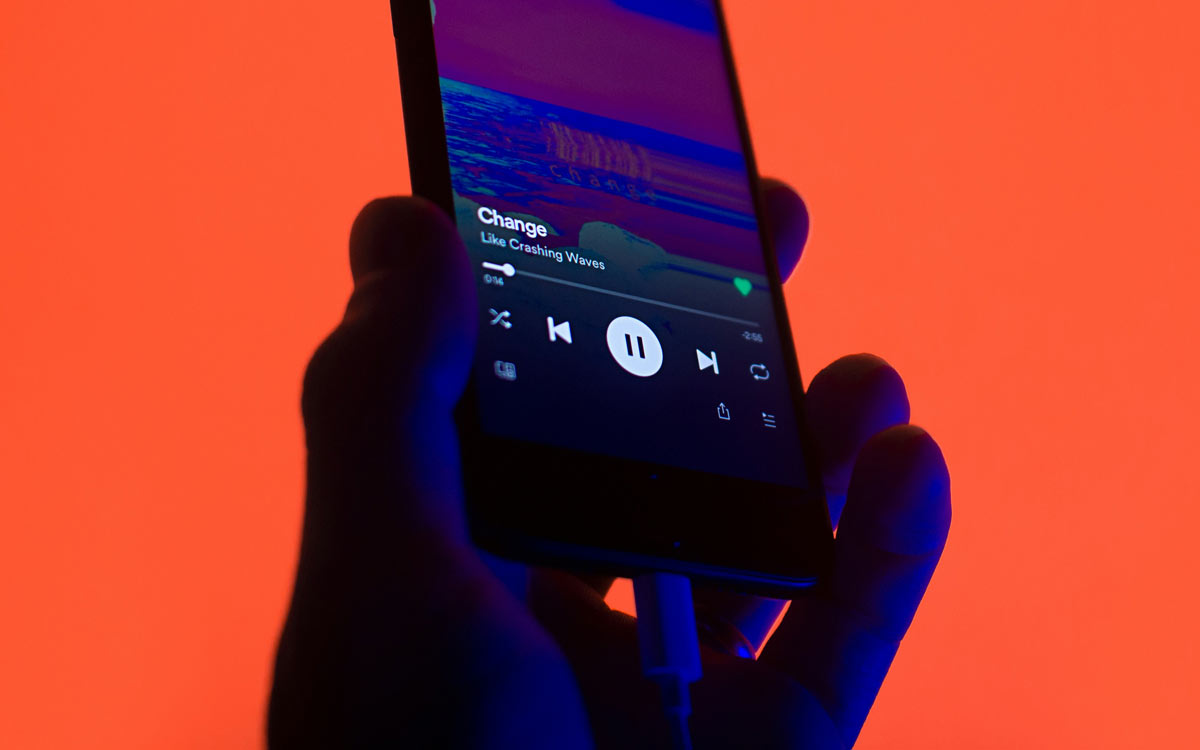
Michael Smith, 54, a music producer, made headlines recently when the United States District Court -Southern District of New York, USA, indicted him for allegedly using AI-generated music and fake-streaming it (using cloud storage technology) between 2017 and 2024 to mint a whopping $10 million worth of royalties. Investigations revealed that Smith employed automated bots hosted on cloud storage to manipulate streaming numbers of hundreds of thousands of AI-generated songs on Amazon Music, Apple Music, Spotify, and YouTube Music, deceiving both the platforms and his fellow artists. While Smith’s actions are undoubtedly wrong, this case presents an opportunity to dig deeper and uncover a potentially larger web of deceit within the music industry.
The prosecution’s outrage, documented in an indictment sheet that slaps Mr. Smith with three counts—Conspiracy to Commit Wire Fraud, Wire Fraud, and Money Laundering Conspiracy—seems justified, but it also raises questions about the double standard. Moreover, Spotify, which is identified in the charge sheet as Streaming Platform-1 seems to have tipped prosecution on Smith’s actions as per their User Guidelines that prohibit “artificially increasing play counts or follow counts, artificially promoting Content, or other manipulation including by (i) using any bot, script, or other automated
process.” However, this leading streaming platform has ironically faced accusations of employing internal robotic artistes to generate music and inflate stream counts in-house, essentially engaging in the same practices for which Smith is being prosecuted. Funny huh?
Similarly, Tidal was accused some time ago of inflating Beyoncé and Kanye West’s album streams in-house, directing revenue that should have gone to the Nicki Minajs or the Lil Waynes of this world back to Roc Nation’s Jay-Z, a stakeholder in the platform. Kanye was Jay-Z’s protege-cum-label signee, and we all know what Beyonce is to Mr Carter!
Like Smith’s case, these allegations suggest a systemic issue, not just an individual’s wrongdoing. As a matter of fact, Spotify appears to be siding with the prosecution in Smith’s case, silently disguising itself as Streaming Platform-1. This tempts one to wonder whether this case is not a question of who is the bigger thief, of who holds the bigger hand capable of making the other drop the bread so that I can pick it up.
This case should catalyse an investigation into the entire music industry, particularly music service providers where massive incomes flow. Significant questions should be asked, thus: Are streaming platforms utilising AI-generated music and fake streams to maintain their competitive edge? Are artists being unfairly compensated and underpaid due to manipulated stream counts? What if an artist like Drake, for instance, earns $2 million in royalties, but actually deserves $30 million? What if Smith’s case is a tactic to shift blame and conceal the real thief? The investigation should also expand to explore:
- Spotify’s alleged use of robotic artists and questionable internal streaming practices.
- Tidal’s accusations of manipulating streams for specific artists.
- Industry-wide operations, including a closer examination of the balance sheets of music service providers
Maybe by broadening the scope, detectives can uncover the truth behind the music industry’s alleged deceitful practices.
For instance, robots are currently being embraced and employed by many countries in running manufacturing industry operations. The manufacturing industry’s embrace of robots for efficiency and profit parallels the music industry’s AI-generated content and streaming manipulation. Both seek to maximise turnover and, by extension, revenue through automation. The double standard in the music industry, however, lies in the perception of “manipulation”,; which, when critiqued, exposes a striking hypocrisy and one-sidedness surrounding AI-supported activities in the music industry.
Why is it acceptable for streaming platforms to utilise AI-generated music and robotic artistes to draw income, but illegal for artists to use similar tactics to boost their revenue? Isn’t this a double standard? If AI-supported activities are okay for streaming platforms, shouldn’t they be okay for artists, too? Or should platforms disclose their own automated practices and establish clear guidelines for AI-generated music? The music industry must reconcile its stance on automation, addressing the grey areas between innovation, revenue, and ethics.
Recommendations:
An investigation into Spotify’s (and other music service providers’) internal practices to verify the existence and extent of robotic artistes, should be demanded. Transparency is crucial in maintaining the integrity of the music industry. Also, authorities should:
- Investigate Spotify’s internal robotic artistes and in-house streaming, despite and beyond what their policies seem to hinder.
- Establish clear guidelines for AI-generated music.
- Ensure consistent enforcement of industry standards.
The music industry must address its hypocrisy and ensure a level playing field for all artists.
As it is, there are many Michael Smiths out there— allegedly including Nigeria’s Ruger and BNXN.